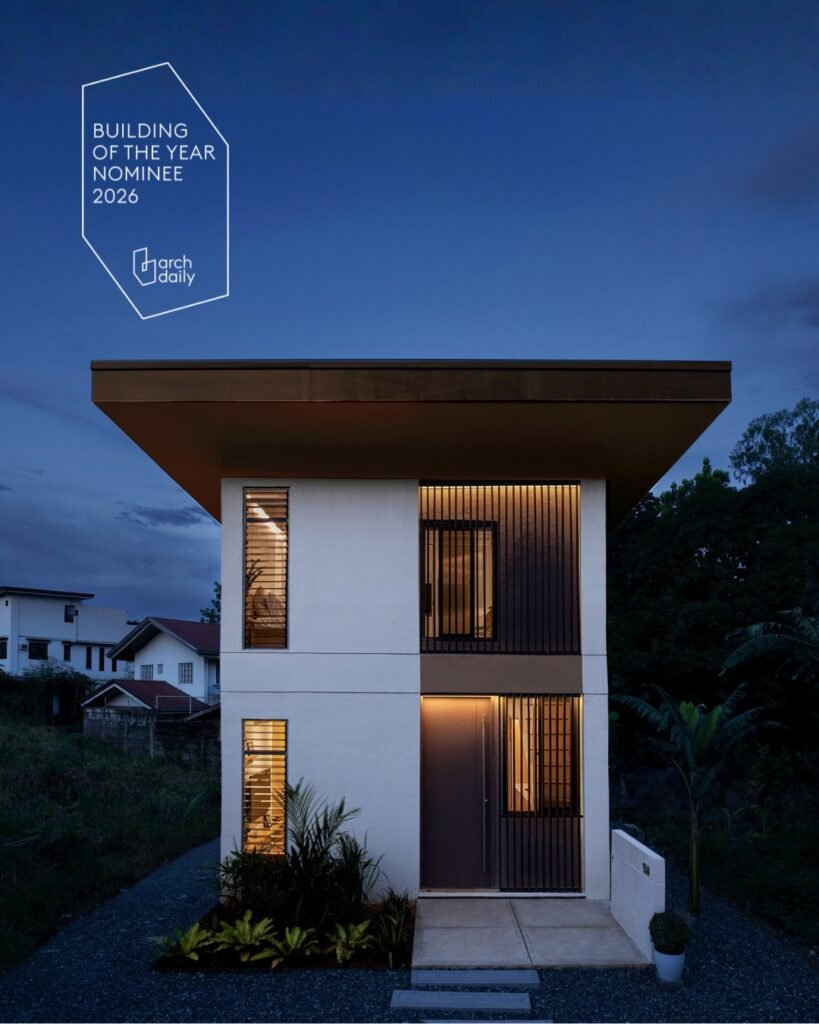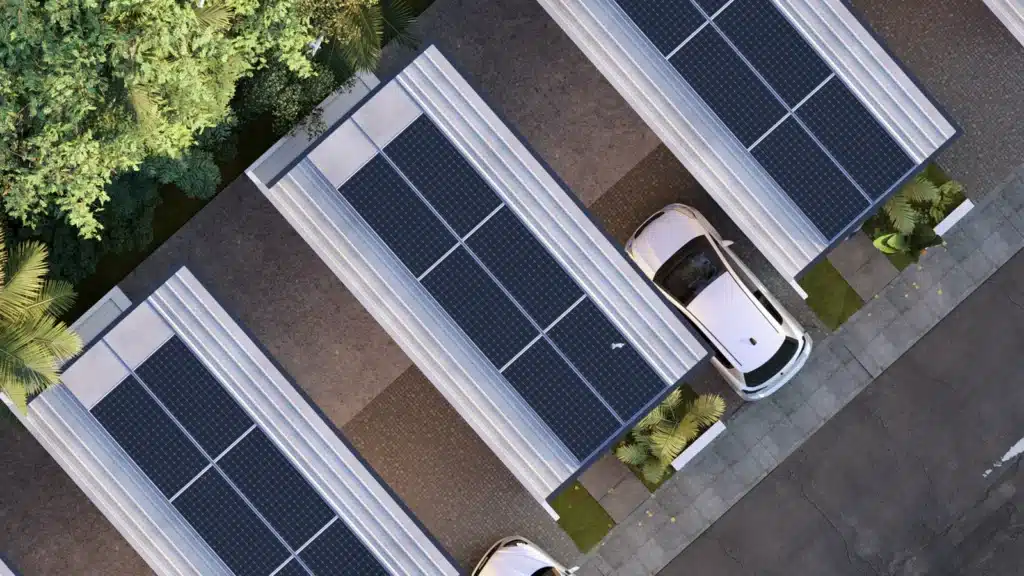Discover the benefits and challenges of solar energy in this comprehensive guide. Make an informed decision to transition towards sustainable living and combat climate change.

PHOTO: Mariana Proença on Unsplash
In recent years, the world has witnessed a significant shift towards renewable energy sources, with solar energy taking center stage. As we navigate the challenges of climate change, the importance of adopting sustainable practices has become increasingly apparent.
This article will delve into solar energy and its implications for individuals and businesses, specifically in the Philippines, examining the benefits and challenges of this renewable energy source.
Introduction to Solar Energy in 2023
Solar energy has emerged as a prominent contender in combating climate change. Its prominence is fueled by its eco-friendly and sustainable qualities, making it a preferred choice for individuals and businesses seeking to reduce their carbon footprint. It offers a viable solution to achieve these goals as the world aims for a net-zero lifestyle.
Transitioning to solar energy offers a host of benefits. Firstly, it allows individuals and businesses to significantly reduce their reliance on non-renewable energy sources, thereby mitigating the impact of climate change. Solar energy also presents an opportunity for cost savings in the long run, as it eliminates or reduces electricity bills.
However, there are challenges to consider as well. The initial investment in solar energy systems can be relatively high, deterring some individuals or businesses from transitioning. Furthermore, solar energy production depends on sunlight, meaning energy generation can fluctuate based on weather conditions.
But a tropical country like the Philippines, with its abundance of sunlight, holds immense potential for harnessing solar energy. The country has made significant strides in solar energy adoption, with numerous solar farms and rooftop solar systems dotting the landscape.
Why Solar Energy is a Viable Option in the Philippines
One of the Philippines’ most significant advantages in utilizing solar energy is its high amount of sunlight received. Located near the equator, the country enjoys ample sunshine throughout the year, making it an ideal location for solar energy generation. This geographical advantage makes solar energy a viable and sustainable option for both urban and rural areas.
In line with this, the Philippine government has introduced various policies, incentives, and support mechanisms to encourage the adoption of solar energy. Initiatives such as the Net-Metering program and the Renewable Portfolio Standards have optimal effects in transitioning to renewable energy.
These government efforts not only make solar energy financially viable but also contribute to the country’s overall sustainability and net-zero living goals. Besides, it also offers significant economic advantages. While the initial investment may seem daunting, the long-term financial benefits are substantial for the country and its countrymen.
Practical Steps to Transition to Solar Energy
Nonetheless, before transitioning to solar energy, it is vital to assess your energy needs accurately. Consider factors such as your household or business consumption, peak energy usage, and available space for solar panel installation.
System Installation
The installation of solar panels and related equipment involves several steps. First, a site assessment is conducted to determine the ideal location for solar panel placement. This assessment considers factors such as shading, orientation, and structural integrity.
Once the site is evaluated, the installation process involves mounting the panels, connecting them to an inverter, and establishing a connection to the electrical grid. During this process, it is essential to engage qualified and certified solar energy installers to ensure a seamless installation.
System Maintenance
Proper maintenance is also part of ensuring your solar energy system’s longevity and efficient functioning. Regular cleaning, checking for any physical damage, and monitoring performance are essential tasks.
Additionally, maintaining a clear area around the solar panels to prevent shading and regularly inspecting electrical connections are vital to maximizing the efficiency of your solar energy system.
Spotting Scammers and Fake Solar Products
While the solar energy market continues to grow, it is vital to be vigilant against scams and low-quality products. Here are some red flags to watch out for:
-
Unrealistically low prices or excessive promises: If an offer seems too good to be true, it probably is.
-
Lack of proper certifications: Genuine solar energy products undergo rigorous testing and certification to ensure safety and quality. Verify the authenticity of your solar energy products by checking proper certifications from reputable manufacturers and organizations with a long-standing presence in the industry. Good-quality solar panels should come with a warranty.
-
Poor customer reviews or lack of customer testimonials: Conduct thorough research and seek recommendations before engaging with a solar energy provider.
Individuals and businesses can minimize the risk of falling prey to scams or purchasing subpar solar energy products by conducting due diligence, checking reviews, and ensuring products meet industry standards.
Making an Informed Decision: Is Solar Right for You?
Consequently, transitioning to solar energy is a decision that requires careful consideration. It is essential to evaluate both the cost-benefit analysis and the environmental impact before making the final decision.
When considering the initial investment in solar energy systems, it is crucial to weigh the long-term savings. Solar energy systems offer a return on investment through reduced or eliminated electricity bills over time. Additionally, various financial incentives and financing options are available to help offset the upfront costs, making solar energy a financially viable option.
As we all know, in terms of environmental impact, choosing solar energy contributes to a reduced carbon footprint and helps combat climate change. Solar power systems produce clean and renewable electricity, contributing to net-zero living and a net-zero lifestyle.
The future of solar energy in the Philippines is promising. As technology advances, solar panel efficiency continues to improve, making solar energy an increasingly competitive energy source. Storage solutions, such as solar batteries, are emerging to address the intermittent nature of solar energy, ensuring a steady electricity supply. Now, the final decision is still to be made by you.
Join the Solar Energy Revolution in the Philippines
In conclusion, solar energy provides numerous benefits to individuals and businesses in the Philippines. Its viability, the government’s initiatives, and the country’s geographical advantage make solar energy an excellent option for those interested in sustainability, eco-friendly practices, and net-zero living.
By considering the practical steps outlined in this guide and being cautious of potential scams, individuals can make an informed decision about transitioning to solar energy. As we strive to combat climate change, let us open doors to a net-zero lifestyle where sustainable architecture and practices foster a more harmonious coexistence with our planet.
BillionBricks builds net-zero homes that are safe, energy-efficient, and affordable; the homes have a low-energy design and an integrated waterproof solar roofing system that provides homeowners with free electricity and saves on costs.
If you are interested in beginning your net-zero journey, we would love to share more information about our homes and explore ways to work together. Get in touch with us through https://billionbricks.org/contact-us-ph.
Eager to learn more about renewable energy solutions? Check out: “Powering the Future: How Waste Management is Turning Waste into Energy” or visit billionbricks.org.
Resources:
-
Energy5 Your Way. Solar Power A Promising Approach to Climate Change Mitigation Retrieved from https://energy5.com/solar-power-a-promising-approach-to-climate-change-mitigation
-
Deutsche Gesellschaft für Internationale Zusammenarbeit. IT’S MORE SUN IN THE PHILIPPINES Facts and Figures on Solar Energy in the Philippines Project Development Programme (PDP) Southeast Asia. Retrieved from https://www.doe.gov.ph/sites/default/files/pdf/netmeter/policy-brief-its-more-sun-in-the-philippines-V3.pdf
-
Department of Energy. Net Metering Home. Retrieved from https://www.doe.gov.ph/net-metering-home
-
Department of Energy. Renewable Portfolio Standards. Retrieved from https://www.doe.gov.ph/consumer-connect/renewable-portfolio-standards-rps
-
Solareyes. HOW TO IDENTIFY FAKE SOLAR PRODUCTS – 6 things to check. Retrieved from https://solareyesinternational.com/how-to-identify-fake-solar-products/#:~:text=3.-,Fake%20solar%20products%20come%20in%20low%20quality%20packaging,and%20money%20into%20their%20packaging.




